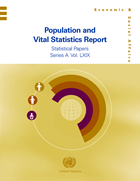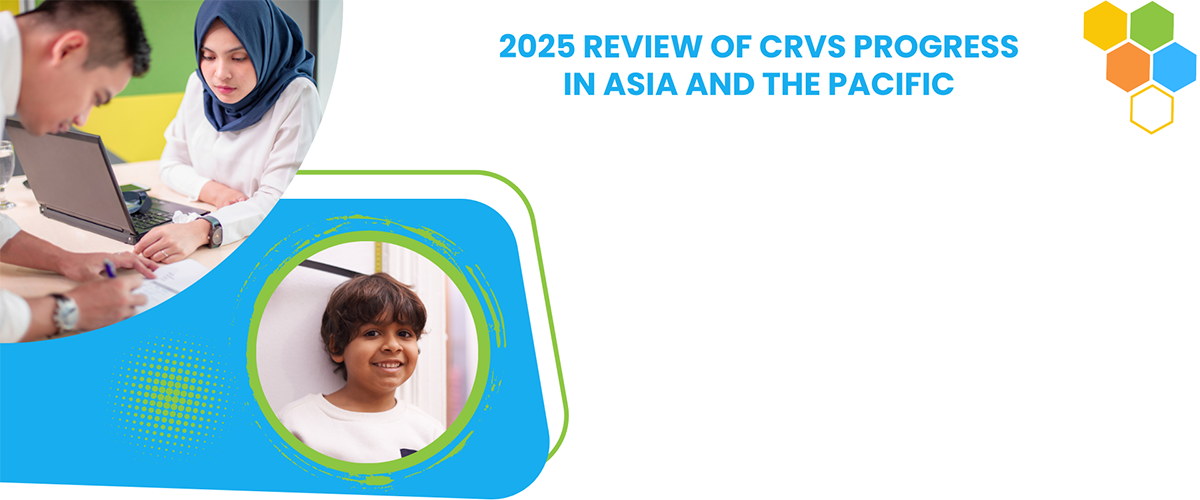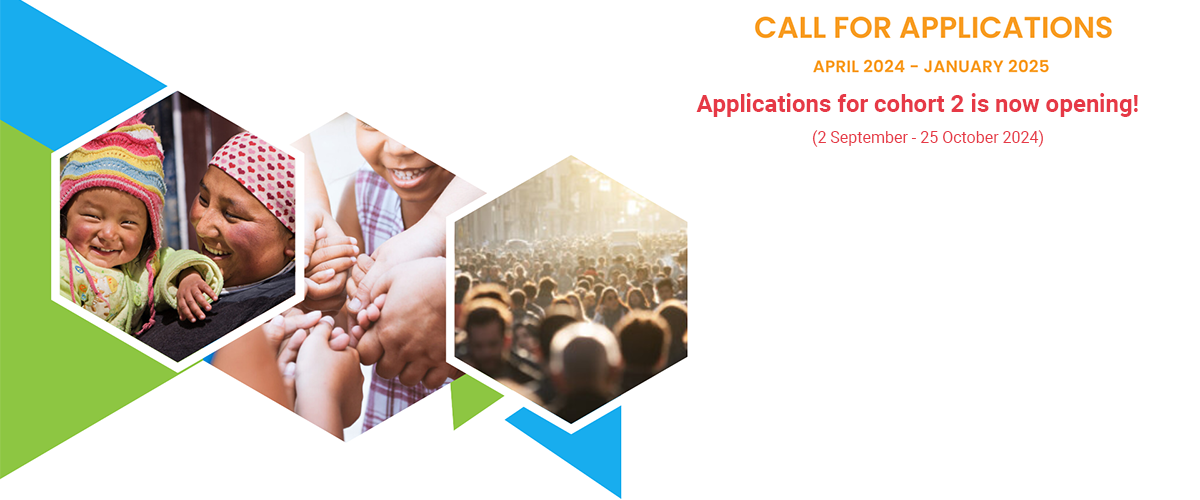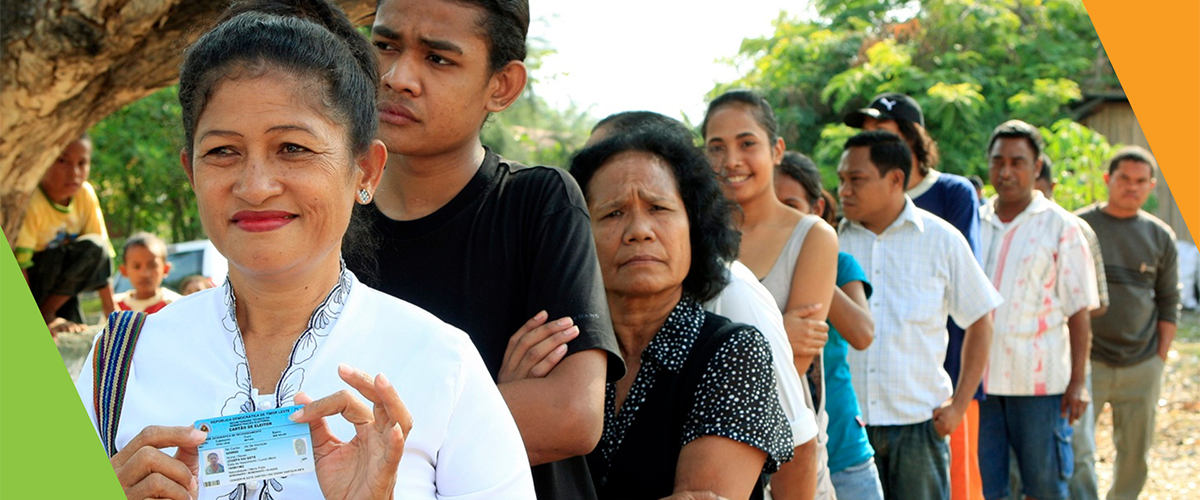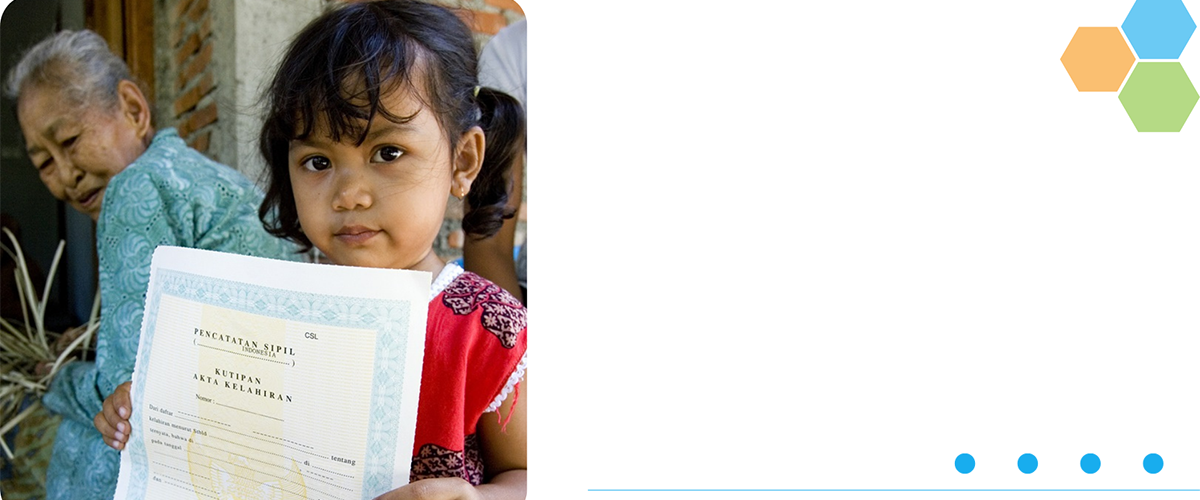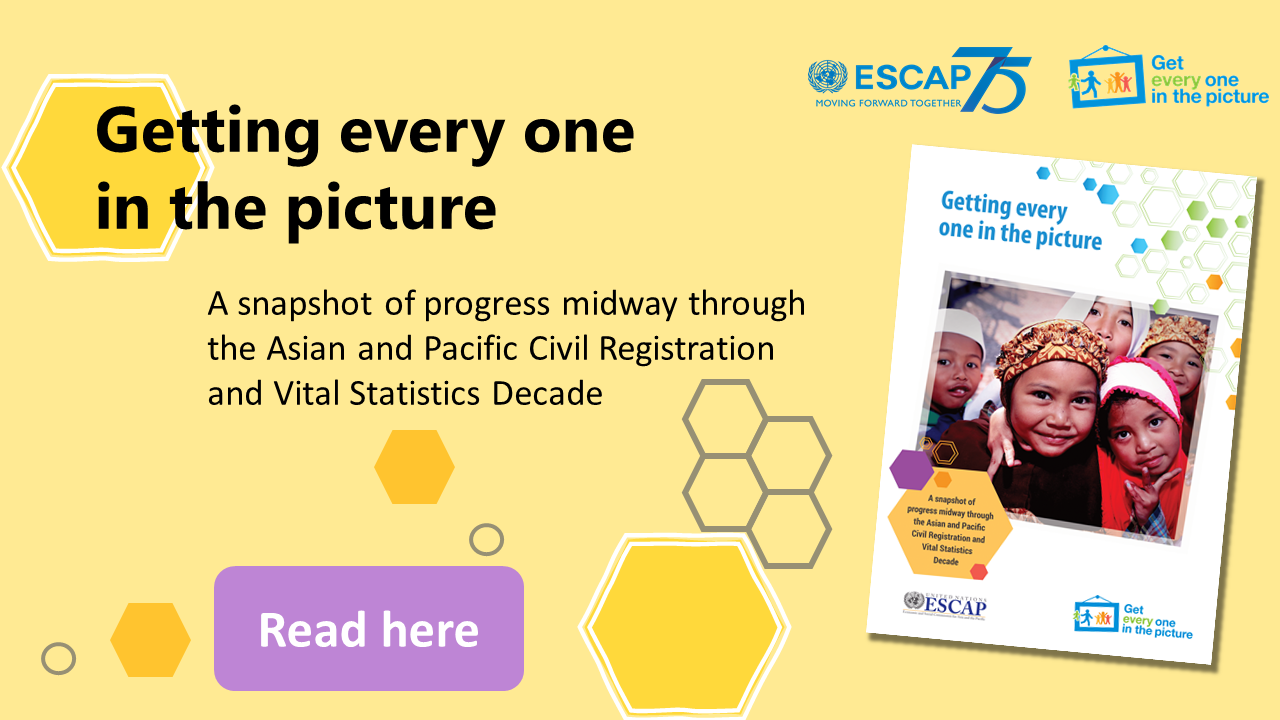Population and Vital Statistics Report
The Population and Vital Statistics Report presents most recent data on population size (total, male and female) from the latest available census of the population, national official population estimates and the number and rate (births, deaths and infant deaths) for the latest available year within the past 15 years. It also presents United Nations estimates of the mid-year population of the world, and its major areas and regions.
